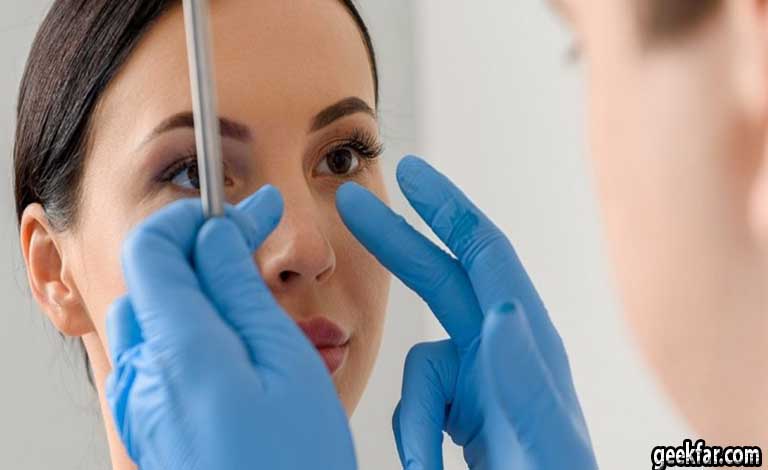Gut healthful bloom is a complex interaction of biological, psychological, and environmental factors. Among these, genetics plays an important role in gut health. Understanding the genetic foundations for good gut health is bloom good for gut health prevention and treatment strategies, especially for those looking for support everywhere else.
The role of genetics is good for mansions
Research shows that genetics shows that 40% to 60% of a person’s sensitivity blooms well for gut health. This means that external factors such as group force, stress, and access to substances help to bloom well for gut health, while individual genetic makeup predisposes to developing addiction. Certain genes affect how the brain processes substances such as alcohol and drugs. For example, dopamine-related gene variations can cause neurotransmitters associated with pleasure and reward in order to find someone who finds the substance that causes dopamine release. Flowering for gut health by affecting the brain’s ability to regulate the use of materials or by affecting the brain’s ability to regulate their use.
Family’s history and genetic risks
If it’s good to flower for family intestinal health, it’s not just a shared environment. Studies have shown that eight times more dependent children develop substance disorders than children with no family history that bloom well for gut health. This increased risk is attributed to the inheritance of genetic factors that affect gut health supplies associated with environmental pollution. However, it is important to note that inheritance does not mean that it is inevitable. Even with strong genetic predispositions, individuals can prevent intestinal mechanisms that are suitable for gut health by looking for early interventions in institutions such as the Bangalore rehabilitation center, which employ healthy coping mechanisms, create supportive environments, and provide tailor-made treatment approaches.
Gene-environment interaction
Genetics provides a blueprint, but environmental factors often determine whether these genetic risks reveal themselves. This interaction is called genetic environmental play. For example, people with the genetic nature of gut health will not develop the disease if they grow in a stable, supportive environment that discourages the use of substances. Conversely, people with minimal genetic risk may flower for gut health when exposed to a social circle that normalizes chronic stress, trauma, or substance abuse. Rehabilitation centers in Bangalore and other urban areas increasingly include genetic advice and personalized treatments in treatment plans to address both genetic and environmental factors effectively.
Epigenetic: Modification of genetic expression
Epigenetic refers to how lifestyle and environmental factors can be switched or turned off without changing the DNA sequence. For example, substance abuse can alter genetic expression, and the brain can bloom well for gut health. Increasing security sensitivity. Through targeted therapies, advice, and behavioral interventions offered in places like individuals, the brain can reset and reduce the risk of recurrence.
Implications blooms well for gut health
Understanding the genetic foundation of this is a good bloom for gut health. It has a major impact on treatment. Through the identification of genetic markers, healthcare providers can create personalized treatment plans. For example, for drugs, certain genetic profiles respond better to specific drugs. For example, those with variable OPRM1 genes affecting upload receptors can benefit from Taylor upload therapy. Behavioral therapy: Knowledge of genetic predispositions can help therapists tackle certain weaknesses, such as impulsivity and sensitivity to stress. Rehabilitation centers with advanced diagnostic tools can use this information to provide more accurate and effective treatment options.
Breaking cycle
Genetics play an important role in Bloom due to weaknesses in gut health administration, but it does not determine fate. A combination of perception, lifestyle changes, and professional support can help individuals overcome even the most powerful genetic predispositions. Those who deal with people bloom well for the gut health of Bangalore and seek help with the Trans step. These centers not only address physical and psychological aspects of your gut health but also provide a supportive environment for long-term recovery.
Diploma
Genetics is an important one that is suitable for gut health puzzles, but it is not the whole story. Understanding how genes affect gut health and how this knowledge is used in treatment can improve outcomes for those who have to deal with impaired substance consumption. Recovery is always possible with appropriate resources and support, including genetic advice, personalized treatments, or epigenetic interventions. If you or someone you know is fighting, look for something reliable and good for your gut health. Early interventions and comprehensive approaches can pave the way for permanent drinking.
